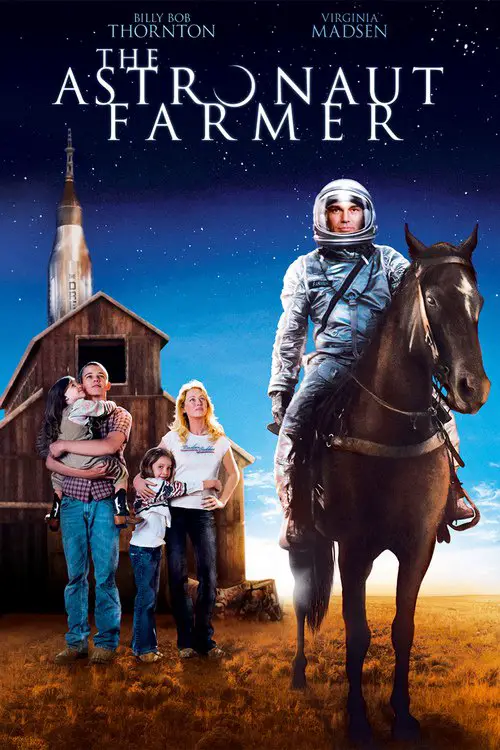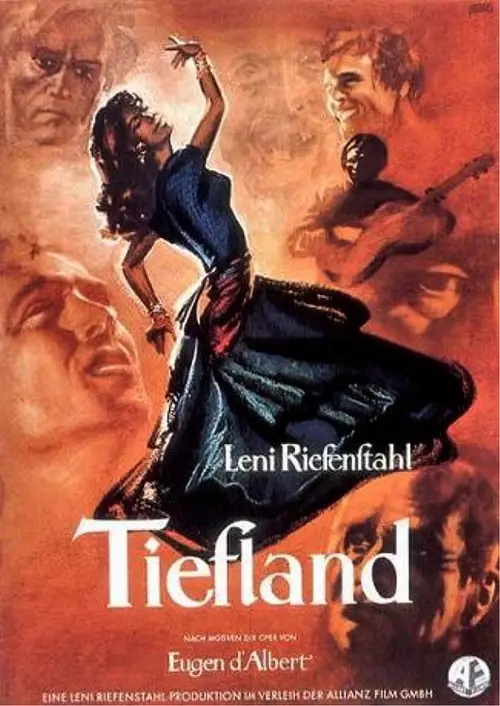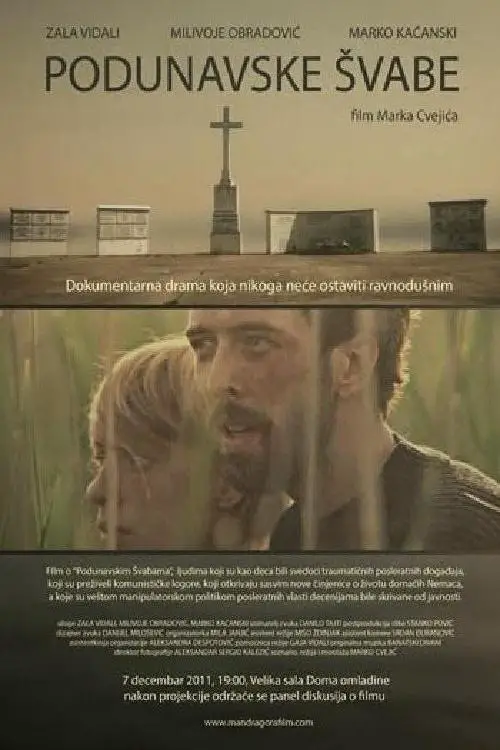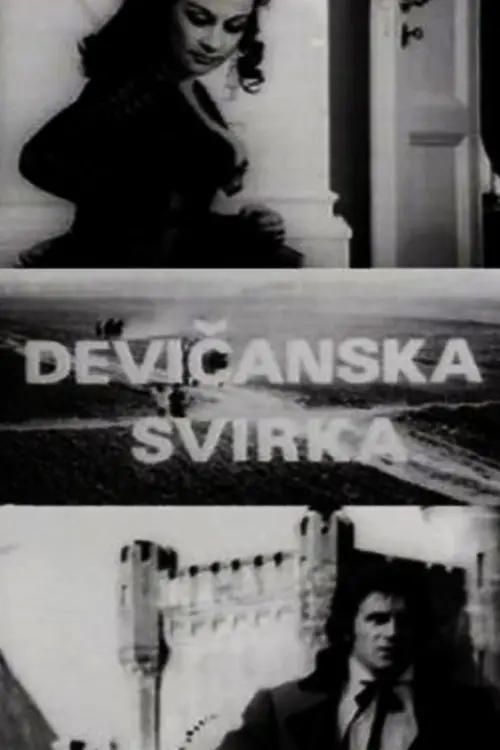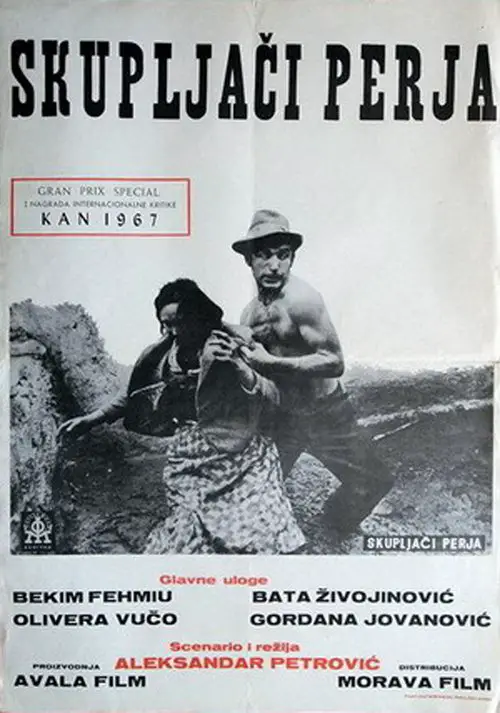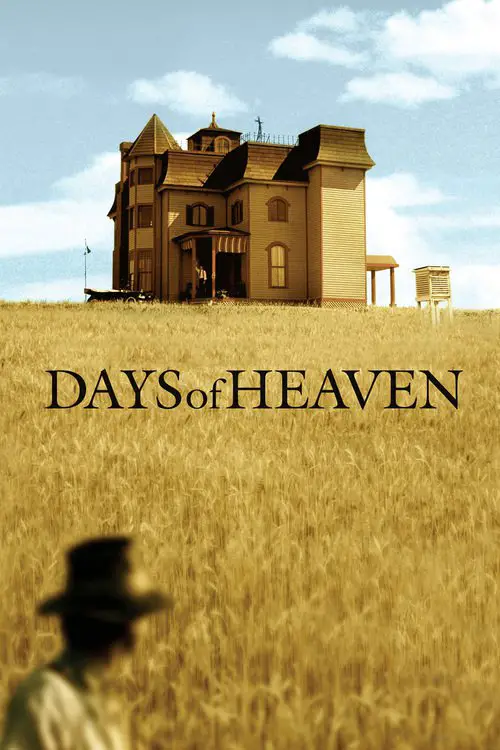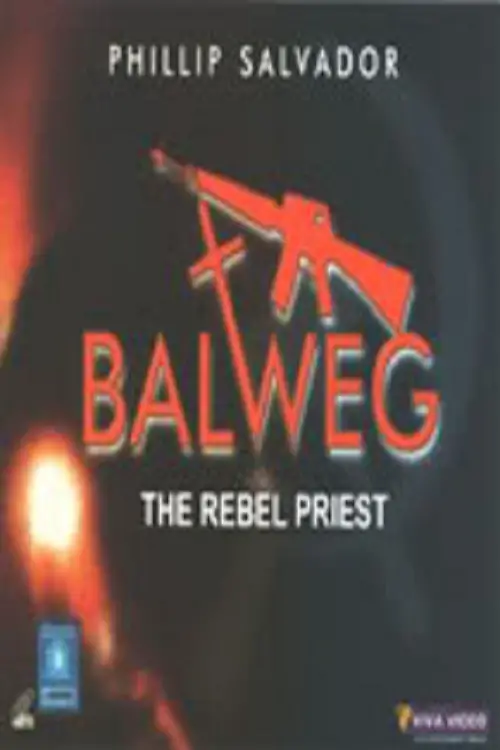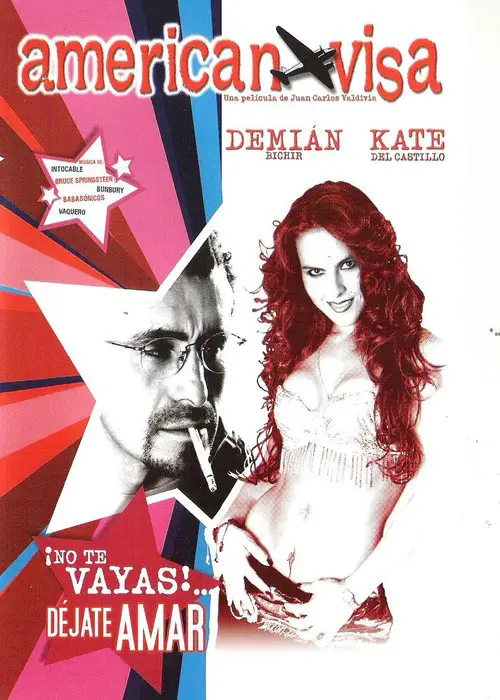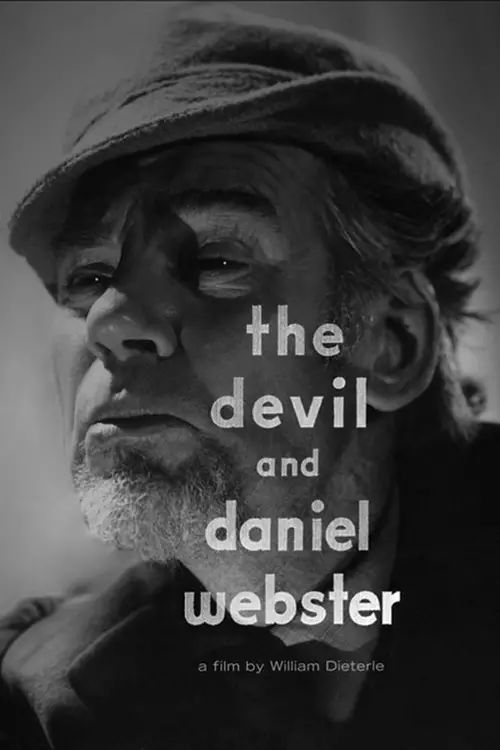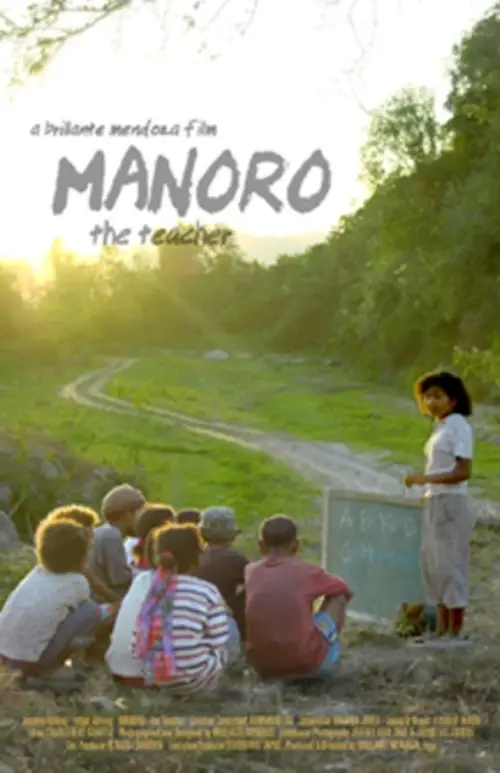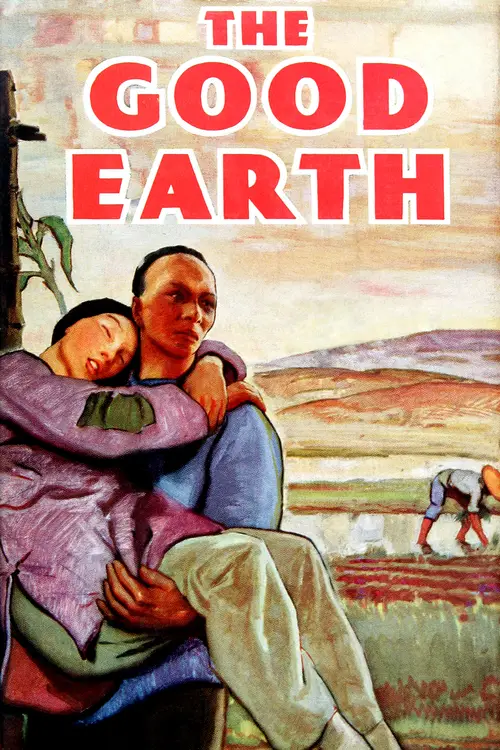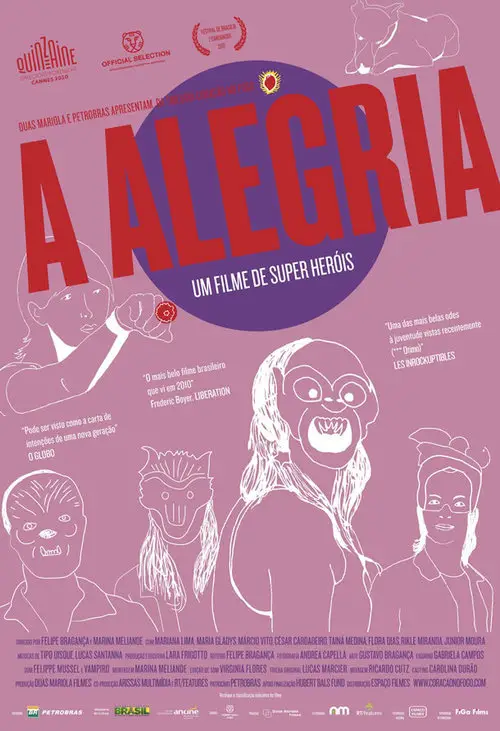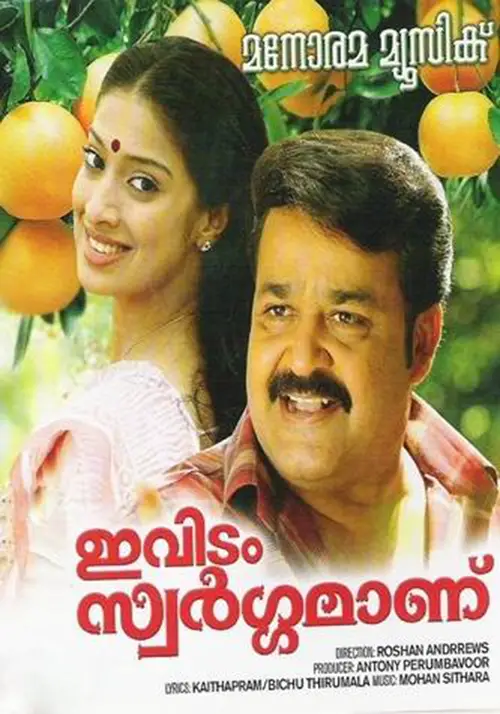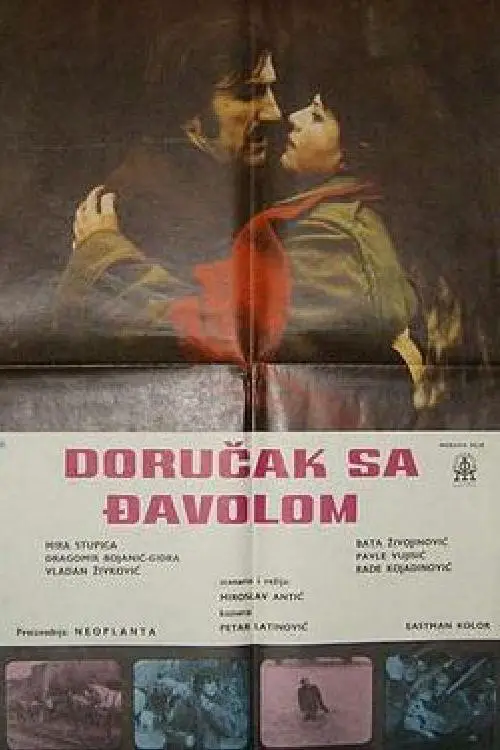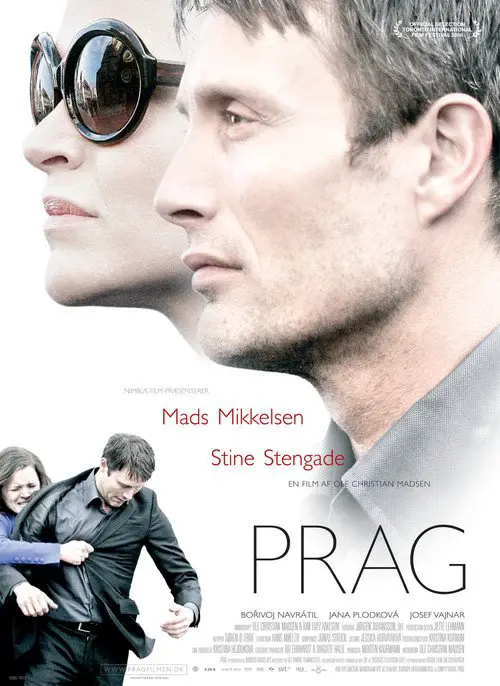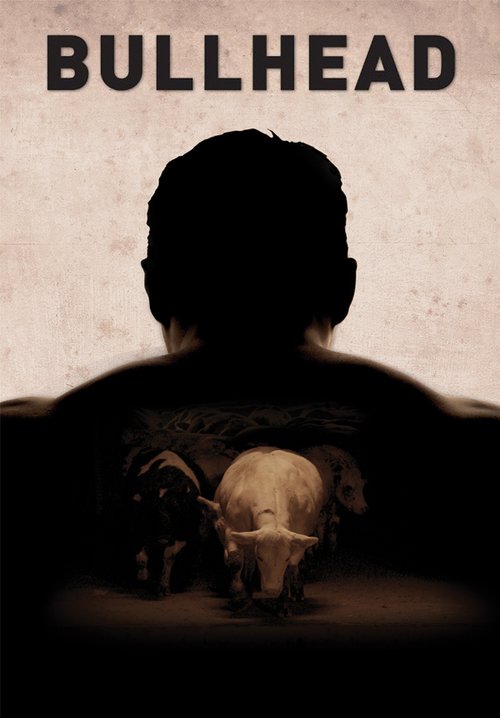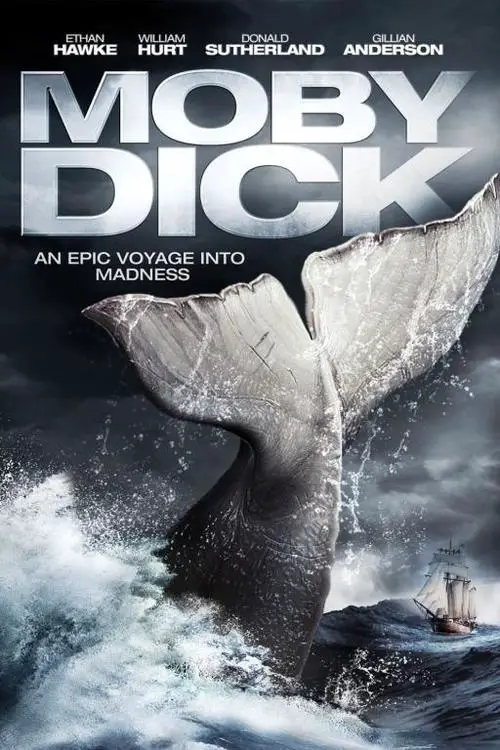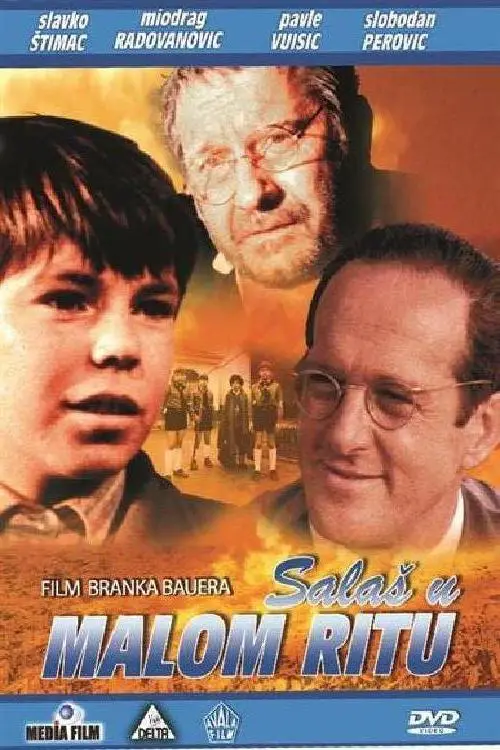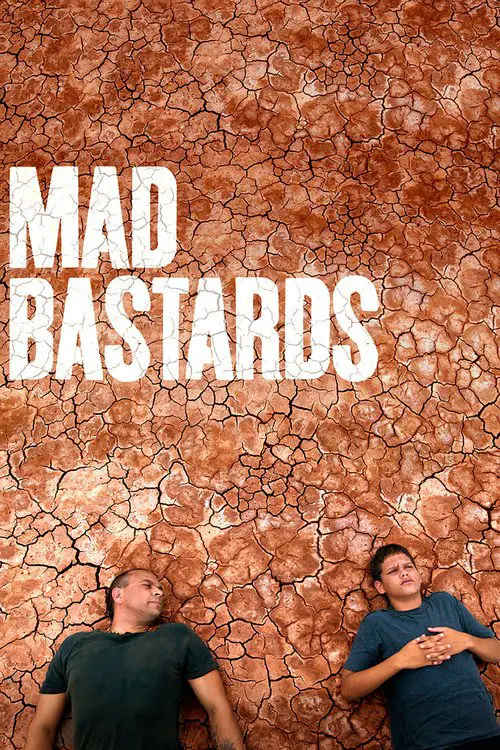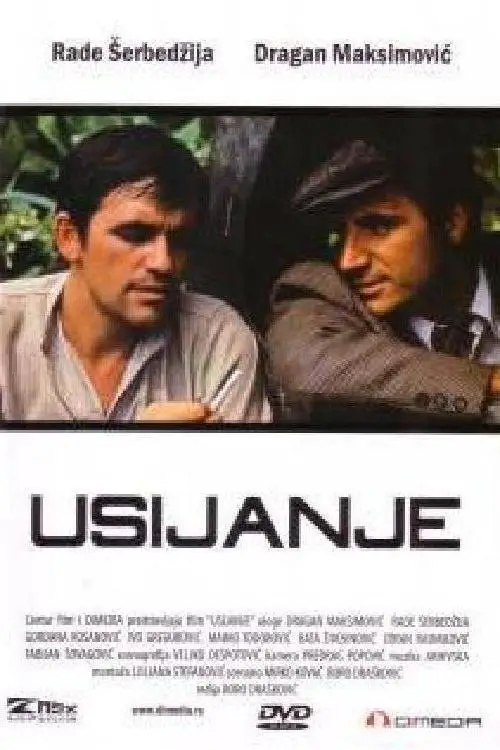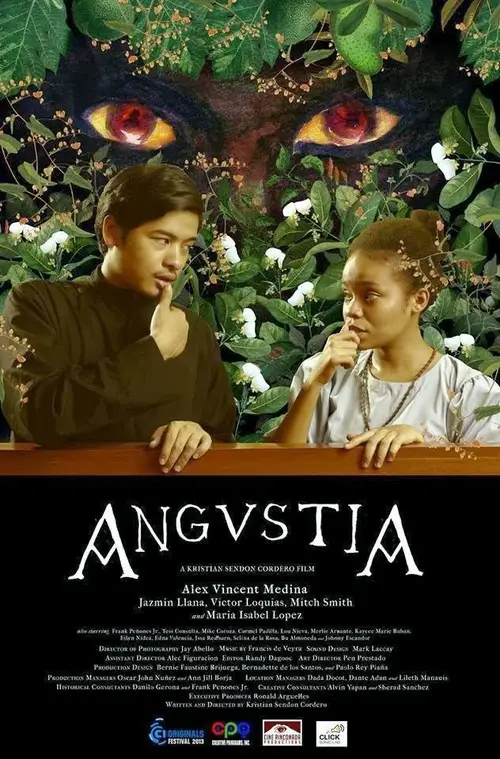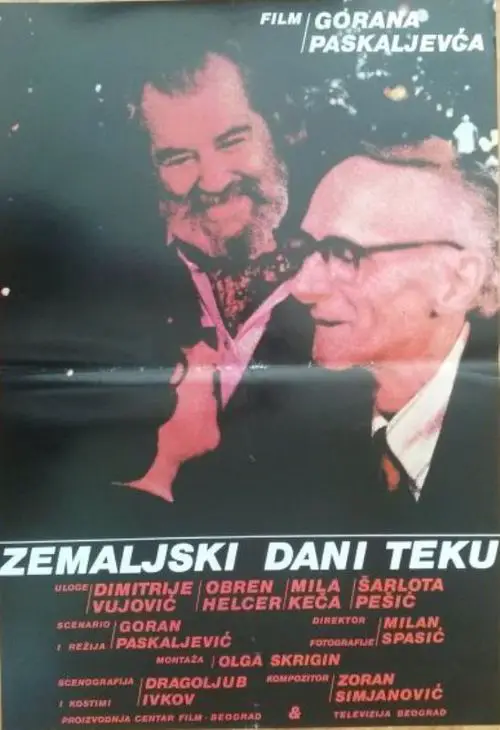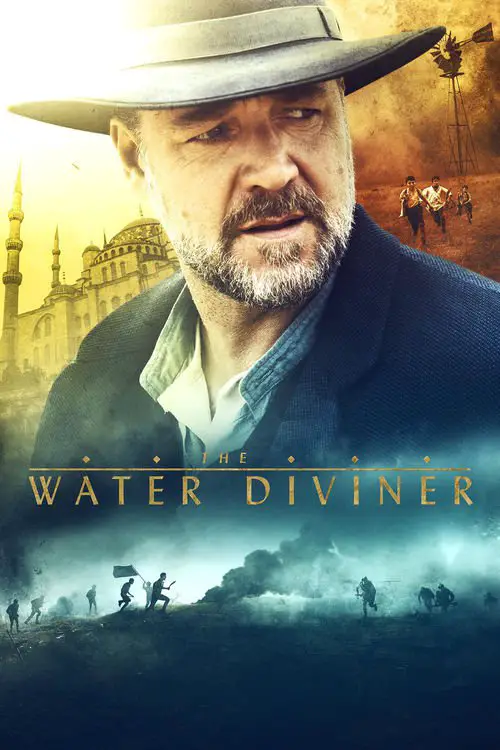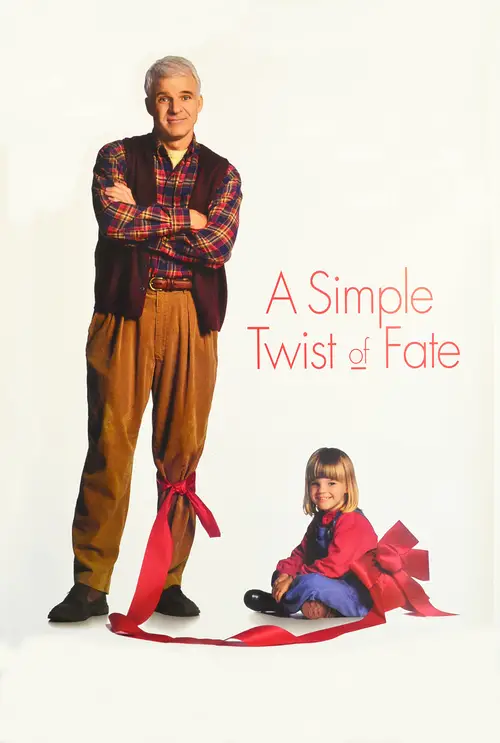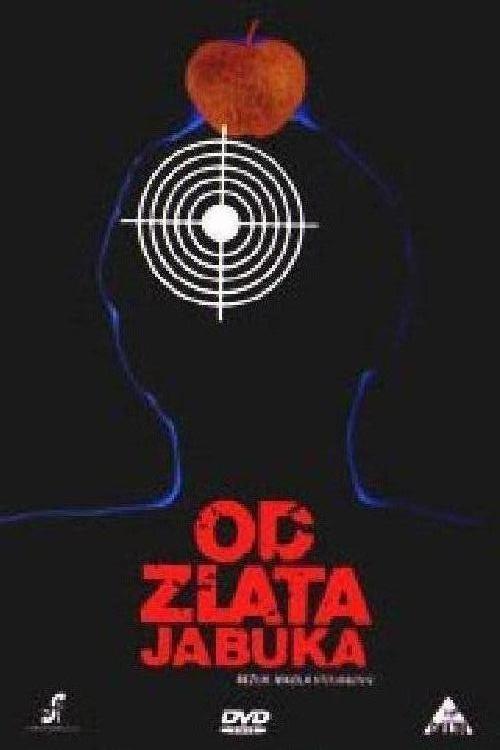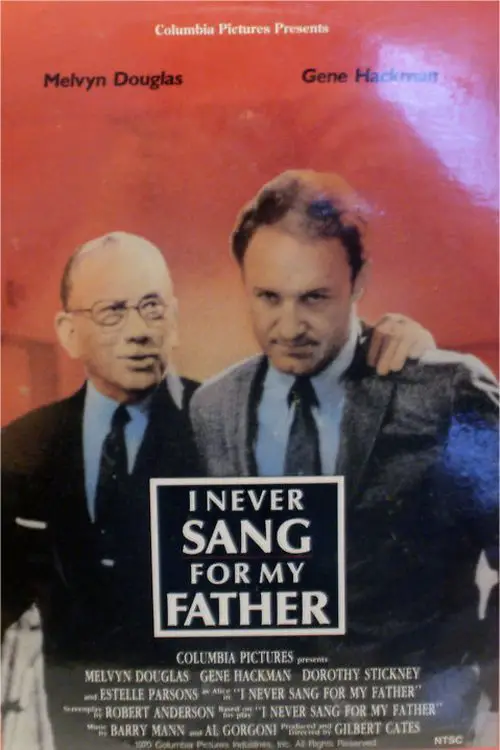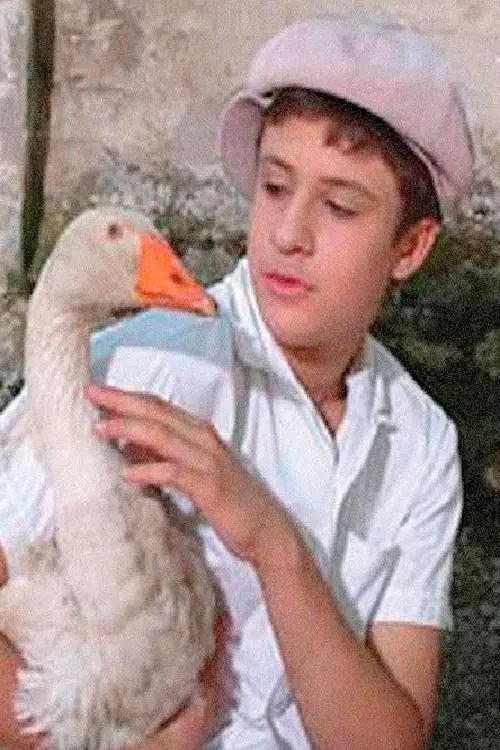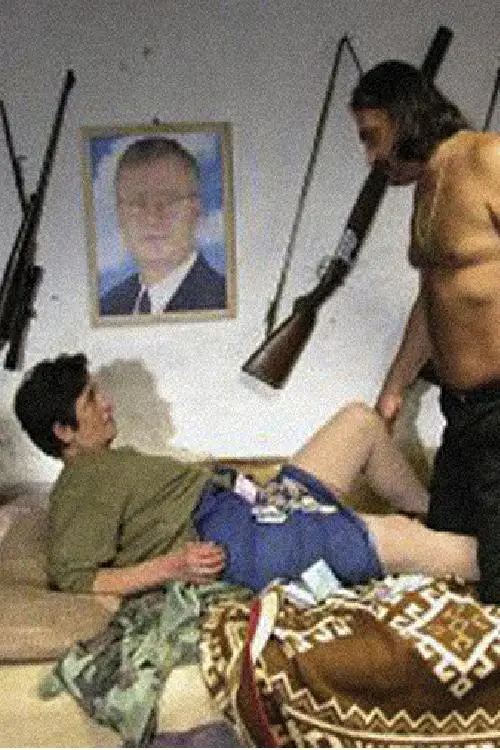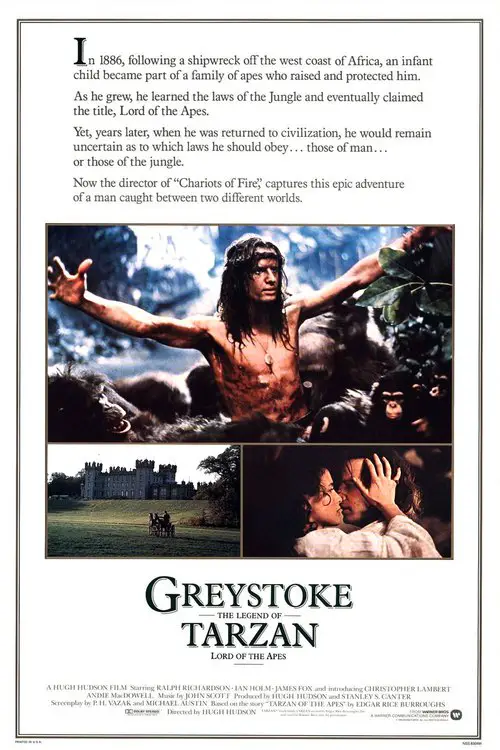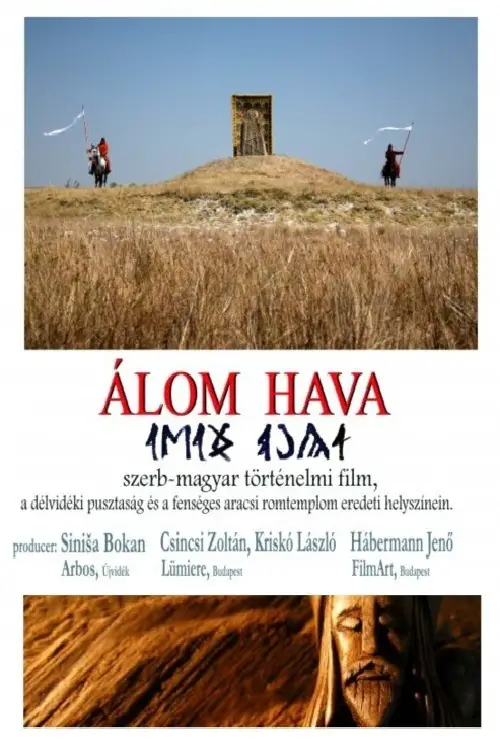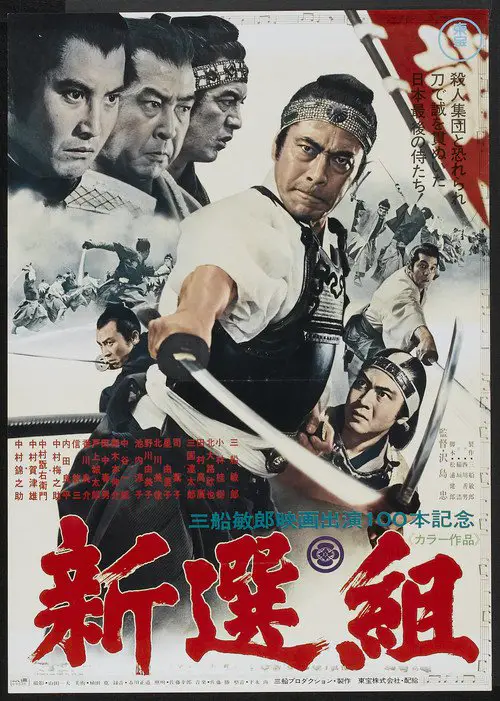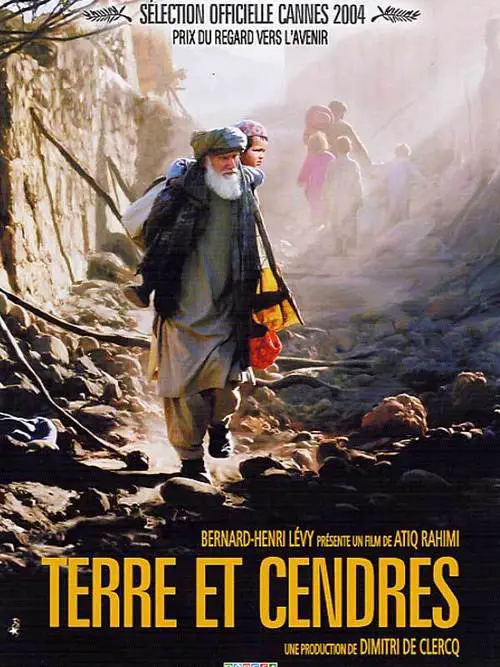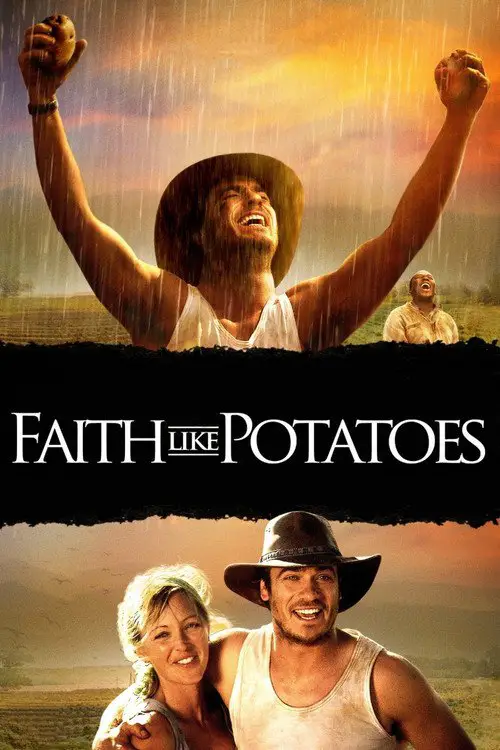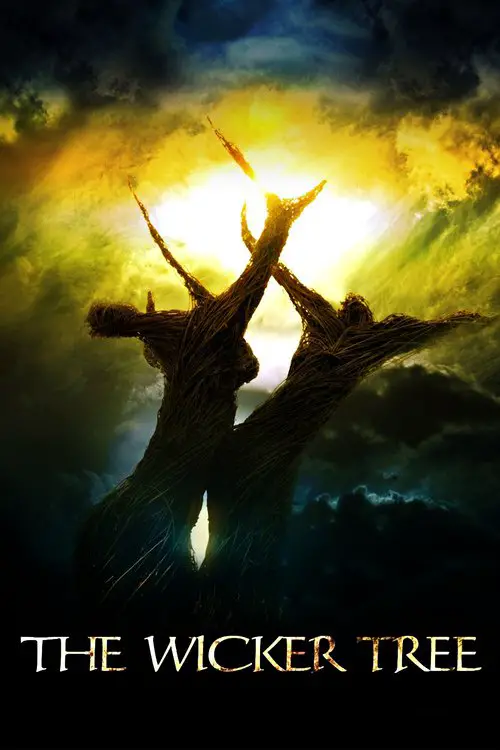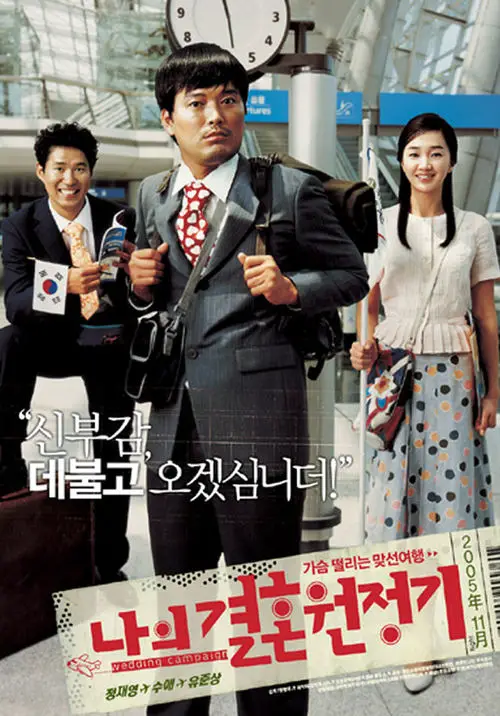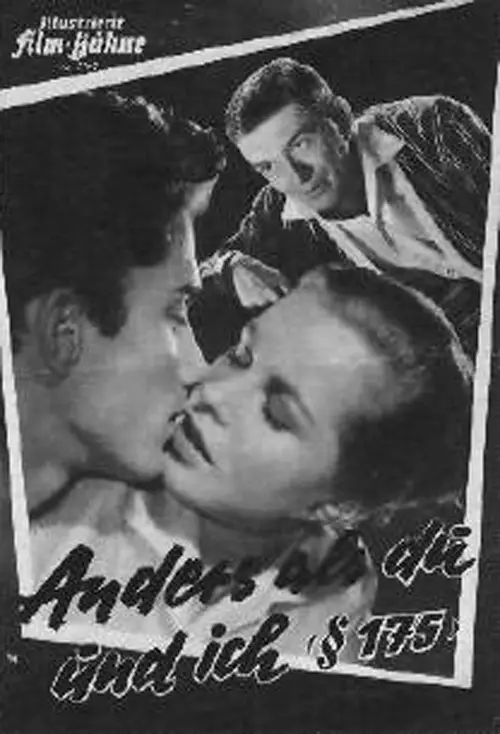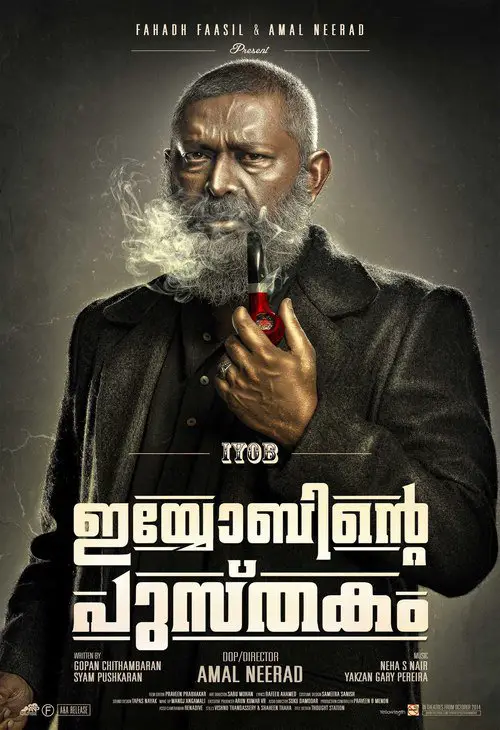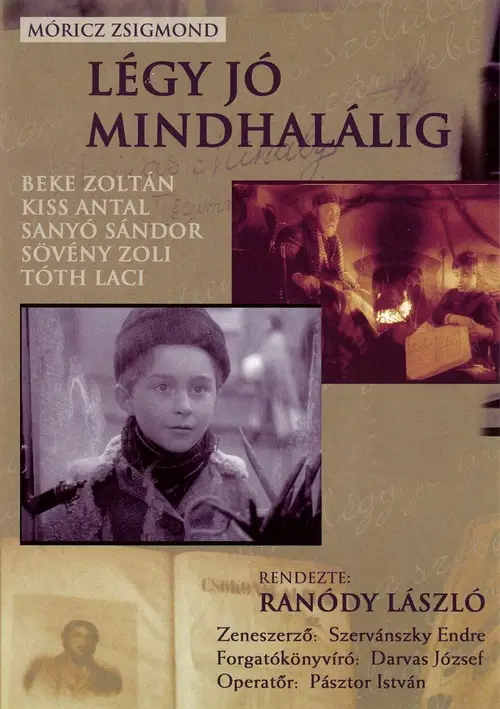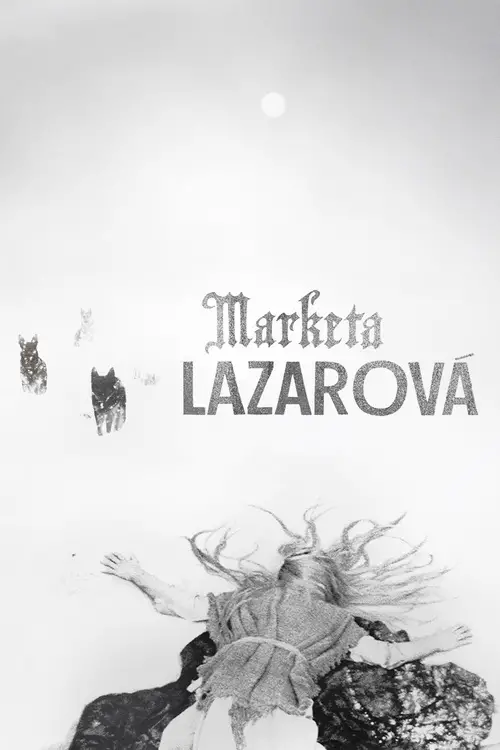The Neglected Land (1974)
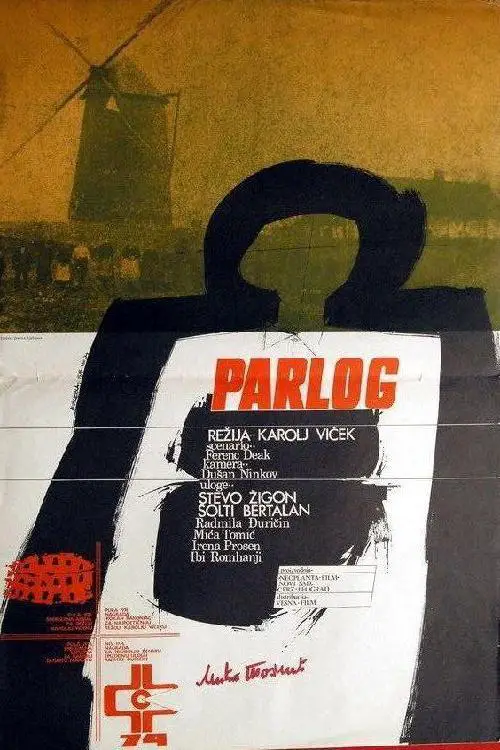
Similar movies
Texan Charles Farmer left the Air Force as a young man to save the family ranch when his dad died. Like most American ranchers, he owes his bank. Unlike most, he's an astrophysicist with a rocket in his barn - one he's built and wants to take into space. It's his dream. The FBI puts him under surveillance when he tries to buy rocket fuel; the FAA stalls him when he files a flight plan
A docudrama about The Danube Swabians, descendants of the youngest German tribes who, moved to the territory of Vojvodina in the 18th century looking for a better life. The story follows their destiny from the very beginnings of their settlement in this region, through their situation during the WW2 and to the present time. The film tells the story of Maria, a girl who is a descendant of The Danube Swabians. She comes to Vojvodina to find the old house of her grandfather, who was exiled after the War. There she meets a local guy named Misha who helps her in her journey. Together they travel throughout Vojvodina meeting witnesses of traumatic post-war events who have survived the communist camps. During their adventure, they discover completely new facts about The Danube Swabians that have been hidden from the public for decades.
A young man Ivan travels in a carriage, and stops to rest in a remote castle somewhere in the lowlands. The castle is considered by locals to be haunted. The coachman doesn't want to carry on, so Ivan continues his journey by foot. A young kid who passes by tells Ivan about the castle, but the next minute the carriage kills him. Sibylle, a beautiful but strange woman comes out of the carriage and helps Ivan to carry the dead kid into the castle, which turns out to be her home. After her husband's death, Sybille lives there only with her coachman Bartholomew. Upon his arrival, Ivan starts to hear strange music coming from unknown place. Ivan and Sibylle fall in love with each other, but the mystery of music is yet to be find out.
I Even Met Happy Gypsies is a 1967 Yugoslav, original Serbian title is SkupljaÄi perja, which means The Feather Gatherers. The protagonist, Bora, is a charming but mean-spirited gypsy, while his older wife, Lence, is submissive. Bora is in love with the younger Tisa, who is being offered in marriage by her father. The two get themselves in trouble and eventually have to flee. Tisa rejects her husband and she and Bora get married in the church, and their adventures continue. At the 1967 Cannes Film Festival it was nominated for the Palme d'Or and won the Special Grand Prize of the Jury and the FIPRESCI Prize. The film was nominated for the 1968 Academy Award for Best Foreign Language Film and for the Golden Globe Award for Best Foreign Language Film. Bekim Fehmiu also won a Golden Arena award for Best Actor at the 1966 Pula Film Festival for his portrayal of Bora.
In 1910, a Chicago steel worker accidentally kills his supervisor and flees to the Texas panhandle with his girlfriend and little sister to work harvesting wheat in the fields of a stoic farmer. A love triangle, a swarm of locusts, a hellish fireâMalick captures it all with dreamlike authenticity, creating at once a timeless American idyll and a gritty evocation of turn-of-the-century labor.
Conrado Balweg, dedicated himself to the service of God but while he was assigned as a parish priest in Cordillera in the Mountain Province, events transpiring around him forced him to take up arms to rescue his people from the greed of developers from the lowlands, and from a government who was unsympathetic to the plea of the indigenous tribes to save their ancestral lands. In the war which ensued with the arrival of the military forces, Fr. Balweg was forced out of his parish and into the mountains, where he later became one of the most charismatic of leaders, admired by the masses, hated by the government and loved by many women.
Jorge is a young man whose plans for the future are put on hold when his father has a stroke. For seven years, he diligently nurses his father and works as a janitor while studying part time to get a business degree.When Natalia, his childhood crush, returns from a stint studying abroad, Jorge begins to yearn for something better. He is desperate to find a new and better job, but finds that no one will hire him because he has experience only as a janitor. Antonio, Jorgeâs older brother, soon to be released from jail, is an opportunist who has never gotten along with their father. In prison, at a theater workshop, Antonio meets Paula, a beautiful young woman in jail on drug charges. Paula has a problem because she flirted with another inmate's boyfriend.
In a small farming valley in Austria in the beginning of the 20th century a tyrannical farmer is found dead, and all the farmhands are relieved to be free of their tyrant. But the farmer was childless, so suddenly they all inherit the farm together. Now conflicts begin, as nobody is the boss and nobody has to obey.
The mountain-dwelling Aetas have been forced to settle in the lowlands by the sudden eruption of Mt. Pinatubo. With their settlements being closer to the government-funded schools of the Kapampangan townships, the Aeta children now have the opportunity to study. Jonalyn, one of the elementary school graduates of the ceremony depicted in the confused introduction and an Aeta, seeks to teach her elders to read and write a day before the National Elections. With Jonalyn's effort, the Aetas, for the very first time, have participated in the democratic process that has existed in the Philippines since the early part of the 20th century. source: http://oggsmoggs.blogspot.com/2006/11/manoro-2006.html
The story follows Wang Lung (Paul Muni), a humble farmer, who makes an arranged marriage to a slave, O-Lan (Luise Rainer). The couple's great struggle is to procure--and then, against withering odds, keep--a piece of land, ownership of which makes the difference between self-determination and near-slavery. The film's physical production is truly eye-filling, with location shooting in China providing exterior shots and backdrops (and blending seamlessly with the footage shot in the U.S.). No wonder the great cinematographer Karl Freund won an Oscar for the photography, which includes an awesomely staged locust plague.
Joy is a fable about courage and youth. It tells the story of Luiza, 16 year old girl, who can not stand to hear about the end of the world⦠On a Christmas night, his cousin John is mysteriously shot in a street in the Lowlands and disappears into the night. Weeks later, while Luiza spends days alone in the apartment where he lives with his mother in Rio de Janeiro, a mysterious visitor comes knocking on your door: John, as a ghost, asking to hide there.
The young Limburg cattle farmer Jacky Vanmarsenille is approached by an unscrupulous veterinarian to make a shady deal with a notorious West-Flemish beef trader. But the assassination of a federal policeman, and an unexpected confrontation with a mysterious secret from his past, set in motion a chain of events with far-reaching consequences.
War arrives to a small secluded village in Vojvodina. The Germans take a group of hostages through the village and on their way molest a small boy. As revenge the boy sets the German corn on fire. An intelligent and shrewd Gestapo officer Sicer arrives to investigate. He does not even suspect that he is up against a group of small boys, led by Milan and Vaso, and orders that all men from the village be taken to custody. He announces that one man will be shot each day unless the real culprit steps forward. Children contact the partisans.
TJ is a mad bastard, and his estranged 13âyearâold son Bullet is on the fast track to becoming one, too. After being turned away from his motherâs house, TJ sets off across the country to the Kimberly region of northwestern Australia to make things right with his son.â© Grandpa Tex has lived a tough life, and now, as a local cop in the outback town of Five Rivers, he wants to change things for the men in his community. Cutting between three generations, Mad Bastards is a raw look at the journey to becoming a man and the personal transformation one must make.â© Developed with local Aboriginal communities and fueled by a local cast, Mad Bastards draws from the rich tradition of storytelling inherent in Indigenous life. Using music from legendary Broome musicians the Pigram Brothers, writer/director Brendan Fletcher poetically fuses the harsh realities of violence, healing, and family.
Don Victorino Hernandez, a creole secular priest from Manila, has two passions: botany and the total conversion of the native population particularly the Agtas, who in spite of the rigorous undertakings of Spanish colonialism continue to live in the hinterlands, giving them a notorious reputation in the minds of the lowlanders as well as the colonizers.
A profoundly empathetic, unpretentious and droll account of a how a swarthy, Hemingway-like sailor upends the droning routines of a nursing home when he checks himself in. Though his subtle interactions with the other residents â including his cantankerous roommate who obviously harbours resentment towards his family for putting him out to seed â the sailor gently whisks up an atmosphere of hope and happiness and allows the movie to deliver itâs beautifully simple message: that life should be savoured until the bitter end.
Shoko and Mutsuki get married to satisfy their worried parents, but she is well past the age at which a 'good' Japanese woman should marry, and he is in love with a young male college student. The film is less a realistic exploration of gay life than a fairy tale of three young Japanese trying to construct an alternative to the sexual and familial roles given to them by a society turning increasingly emotionally barren.L.
Four years after the Battle of Gallipoli, Australian farmer Joshua Connor travels to Turkey to find his three sons, who never returned home from the war. When he arrives in Istanbul, he meets others who have also suffered losses: hotelier Ayshe and her son, Orhan, who befriends Connor; and Major Hasan, a Turkish officer who fought against Connor's sons and now may be their father's only hope in finding closure.
When Michael McCann is thrown over by the woman he loves, he becomes something of a misanthrope and a miser, spending all of his spare money on collectible gold coins. Living in the same town is an affluent family with two sons: John and Tanny. Tanny's a wild boy, whom John cannot control, and one night he breaks into McCann's house, and steals the gold and disappears, which nearly confirms McCann's distrust of mankind. But then, a mysterious young woman dies in the snow outside McCann's house, and her small daughter makes her way to McCann's house and into McCann's life and heart. He names her Matilda, and raises her, finding companionship and a new joy in life with his adopted daughter. But the secret of Matilda's birth may tear them apart.
In the first year of freedom after WW2, a poor family from rocky Herzegovina moves to fertile province of Vojvodina hoping for a better life. However, there they face different type of troubles following the Tito's break-up with Stalin in 1948. Destinies of individual members of this family are about to have a tragic epilogue.
Hackman plays a New York professor who wants a change in his life, and plans to get married to his girlfriend and move to California. His mother understands his need to get away, but warns him that moving so far away could be hard on his father. Just before the wedding, the mother dies. Hackman's sister (who has been disowned by their father for marrying a Jewish man) advises him to live his own life, and not let himself be controlled by their father.
The story of the film is set in the period from the 1940s until today in the Pannonian plain (the plain in the Central Europe), in an area of elusive boundaries, mysterious and unstable spiritual identity. The witness of the time is a Jewish boy Benya Cohn who, with his eye wide open, remembers the tragedy of his family, in the shadow of the Holocaust, concentration camps and new wars.
The screenplay was written immediately after the bombing of Novi Sad, 1999, but it was only a motive to speak up about the people that were humiliated for more than ten years in various ways, and that way became the victims of wrong politics, not only Milosevic's, but Western as well. The title of the movie was born there. In the second book of Moses it is written: " An altar of earth you shall make for me and sacrifice on it your burnt offerings and your peace offerings." The people who suffered most in the wars on this territory are the ones that had no influence of what so ever on the development of situation on the Balkan. But, at the same time. there was ambitious youth, that the sense of their life in these stormy time. The film is about them and that is why it sounds optimistic. Film is about the fact that we will always have the energy to survive senseless time and live normally after that.
The Czech Republic Director Jan Sverák tells in this Oscar winning film the story of the disillusioned Prague man named Cellisten Louka, who after a fictitious marriage with a Russian emigrant must suddenly take responsibility for her son. However itâs not long before the communication barrier is broken between the two new family members.
A shipping disaster in the 19th Century has stranded a man and woman in the wilds of Africa. The lady is pregnant, and gives birth to a son in their tree house. Soon after, a family of apes stumble across the house and in the ensuing panic, both parents are killed. A female ape takes the tiny boy as a replacement for her own dead infant, and raises him as her son. Twenty years later, Captain Phillippe D'Arnot discovers the man who thinks he is an ape. Evidence in the tree house leads him to believe that he is the direct descendant of the Earl of Greystoke, and thus takes it upon himself to return the man to civilization.
It is 1680 â the time of dreamt snow after the Turkish invasion. In the deserted plains of Bácska a living soul cannot be found in a few-daysâ walk. Three former prisoners returning from their Turkish captivity â Long-Legged, Lame and One-Eyed â appear among the crumbling walls of a huge abandoned church without a roof. They are looking for their long lost home. How to revive a disappeared civilization? What is the survivorsâ personal duty? Without a roof, a collapse is inevitable. The Old Man â a master of ancient knowledge â and his daughter come and with sharing sowing seeds they try to save the community of dispersion. No spiritual leader, no aims. Driven by rapacity, One-Eyed kills the Old Man, rapes his daughter and while looking for the remaining seeds he kills Long-Legged with a sudden anger. At the end of the film, the survivors need to face with dramatic encounters and special temptations. Their redemption under the leadership of Lameâs young son is the pledge for the future.
Near the end of the nineteenth century, as the balance of power shifts from Shogunate towards the Emperor, Japan restlessly awaits the dawning of a new age. But not all are content...The Shinsengumi, a small army of samurai, farmers and peasants, band together to do battle against the tide of history. Their leader, Isami Kondo (Mifune) is a man who rises from farmer to fighter to head the fierce Shinsengumi brigade. Using a stern hand and a heart of gold, he rallies his men in defense of the tottering Shogunate. But bloodshed and treachery lurk around every corner.
Director Robin Hardy's reimagining of his eerie 1973 film, The Wicker Man. Young Christians Beth and Steve, a gospel singer and her cowboy boyfriend, leave Texas to preach door-to-door in Scotland. When, after initial abuse, they are welcomed with joy and elation to Tressock, the border fiefdom of Sir Lachlan Morrison, they assume their hosts simply want to hear more about Jesus. How innocent and wrong they are.
The Apache Indians have reluctantly agreed to settle on a US Government approved reservation. Not all the Apaches are able to adapt to the life of corn farmers. One in particular, Geronimo, is restless. Pushed over the edge by broken promises and necessary actions by the government, Geronimo and thirty or so other warriors form an attack team which humiliates the government by evading capture, whi
Wedding Campaign is 2005 South Korean film about two aging bachelor farmers from Gyeongsang Province. Unable to find wives in Korea willing to move to the countryside, they go on a 10-day 'campaign' in Uzbekistan, where local matchmakers attempt to pair them up with local ethnic Korean women. It was the closing film of the 2005 Pusan International Film Festival.
Fearful of a prophecy stating that a girl child will be born to bring about her downfall, the evil Queen Bavmorda imprisons all pregnant women within the formidable stronghold of Nockmaar. A child, Elora Danan, is born in the Nockmaar dungeons and identified as the prophesied child by a birthmark on her arm. However, before the black sorceress arrives to claim the child, Elora's mother convinces her reluctant midwife to escape with the baby. Willow, a timid farmer and aspiring sorcerer, is entrusted with delivering the royal infant from evil.
A story of two love affairs. A father's love for his five sons. And one son's love for his father, a love so strong it compels him to live a lie. That son is Zac Beaulieu, born on the 25th of December 1960, different from all his brothers, but desperate to fit in. During the next 20 years, life takes Zac on a surprising and unexpected journey that ultimately leads him to accept his true nature and, even more importantly, leads his father to love him for who he really is.
Orthodox Indian, Raichand, would like his two sons to live together with him and his wife, and get married to girls' of his choice. One of his sons, Rahul, is adopted, while Rohan is his real son. Rahul falls in love with a poor Indian girl named Anjali, and incurs the displeasure of Raichand, they argue and fight, as a result Rahul leaves the house, moves to Britain, and settles down. Raichand now focuses his attention on his real son, Rohan, who has no plans to get married, but is determined to bring Rahul and Anjali back home so that they can be together again. Will Raichand permit Rohan to have his way, or will he also ask him to leave the house?
Mikolás and his brother Adam rob travelers for their tyrannical father KozlÃk. During one of their "jobs" they end up with a young German hostage whose father escapes to return news of the kidnapping and robbery to the King. Kozlik prepares for the wrath of the King, and sends Mikolás to pressure his neighbor Lazar to join him in war. Persuasion fails, and in vengeance Mikolás abducts Lazar's daughter Marketa, just as she was about to join a convent. The King, meantime, dispatches an army and the religious Lazar will be called upon to join hands against Kozlik. Stripped-down, surreal, and relentlessly grimy account of the shift from Paganism to Christianity.
© Valossa 2015–2024

